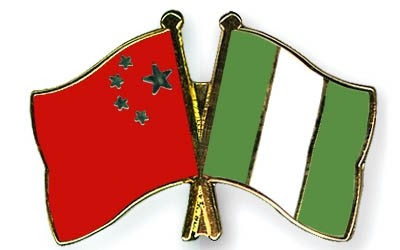According
to the 2018 UNCTAD World in-vestment report, Foreign Direct In-vestment
(FDI) into West Africa declined by 11% to $11.3bn in 2017. The decline
was underpinned by a drop in FDI flows into Ghana and Africa’s largest
economy, Nigeria. FDI into Nigeria declined sharply by 21.3% to $3.5bn,
due to the nation’s tepid growth recovery. The country’s fragile growth
weighed on business and investor confidence.
to the 2018 UNCTAD World in-vestment report, Foreign Direct In-vestment
(FDI) into West Africa declined by 11% to $11.3bn in 2017. The decline
was underpinned by a drop in FDI flows into Ghana and Africa’s largest
economy, Nigeria. FDI into Nigeria declined sharply by 21.3% to $3.5bn,
due to the nation’s tepid growth recovery. The country’s fragile growth
weighed on business and investor confidence.
Thus,
foreign investors were reluctant to invest in the country. On a
positive note, Nigeria’s economic growth is forecast to continue to grow
(2.1%) in 2018. Stronger and broad based economic growth is likely to
drive an increase in FDI inflows.
foreign investors were reluctant to invest in the country. On a
positive note, Nigeria’s economic growth is forecast to continue to grow
(2.1%) in 2018. Stronger and broad based economic growth is likely to
drive an increase in FDI inflows.
More
importantly, the government recent-ly signed a $2.5bn currency swap
with China. This is aimed at easing the pressure on the external
reserves that is predominantly in dollars. The agreement will also help
to improve the speed and ease of transaction between the two countries.
The lower trade barriers would spur the free flow of capital, thereby
increasing economic activities. The increased volume of economic
activities will help to stimulate growth, strengthen investor confidence
and boost investment.
importantly, the government recent-ly signed a $2.5bn currency swap
with China. This is aimed at easing the pressure on the external
reserves that is predominantly in dollars. The agreement will also help
to improve the speed and ease of transaction between the two countries.
The lower trade barriers would spur the free flow of capital, thereby
increasing economic activities. The increased volume of economic
activities will help to stimulate growth, strengthen investor confidence
and boost investment.
China
is Nigeria’s largest supplier. It accounted for 19.8% of Nigeria’s
total import and 4.5% of total export in 2016. Addition-ally, Nigeria’s
trade volume with China alone accounted for 18% of the total trade with
Nigeria’s major trading partners. The rapid growth in bilateral trade
between Nigeria and China is expected to be strengthened further by the
currency swap with a likely increase in FDI flows in 2018.
is Nigeria’s largest supplier. It accounted for 19.8% of Nigeria’s
total import and 4.5% of total export in 2016. Addition-ally, Nigeria’s
trade volume with China alone accounted for 18% of the total trade with
Nigeria’s major trading partners. The rapid growth in bilateral trade
between Nigeria and China is expected to be strengthened further by the
currency swap with a likely increase in FDI flows in 2018.





